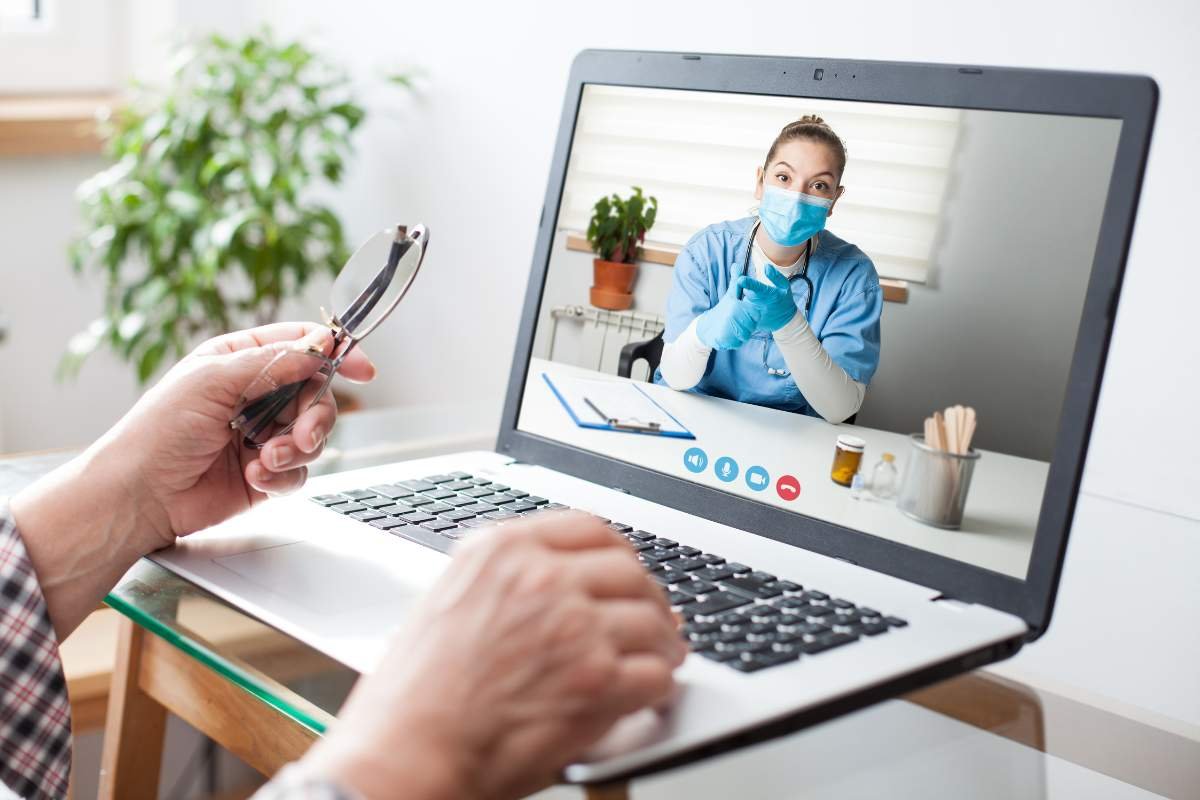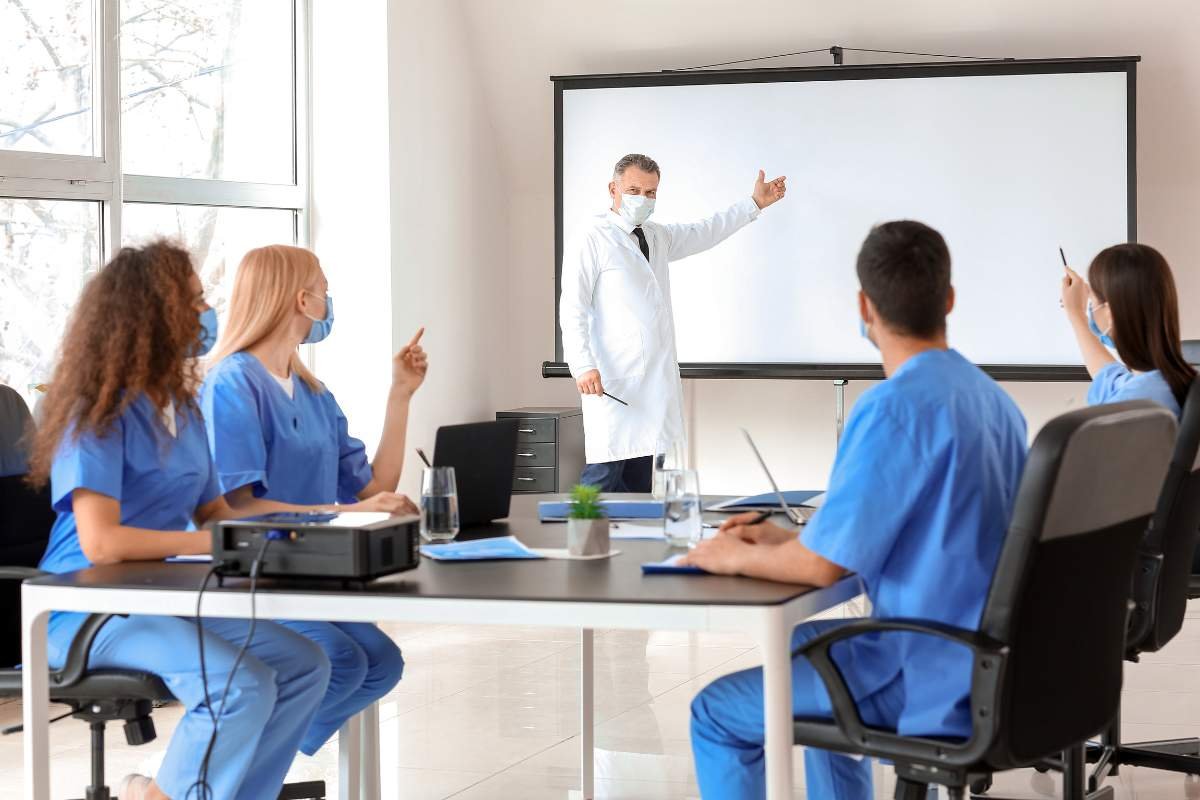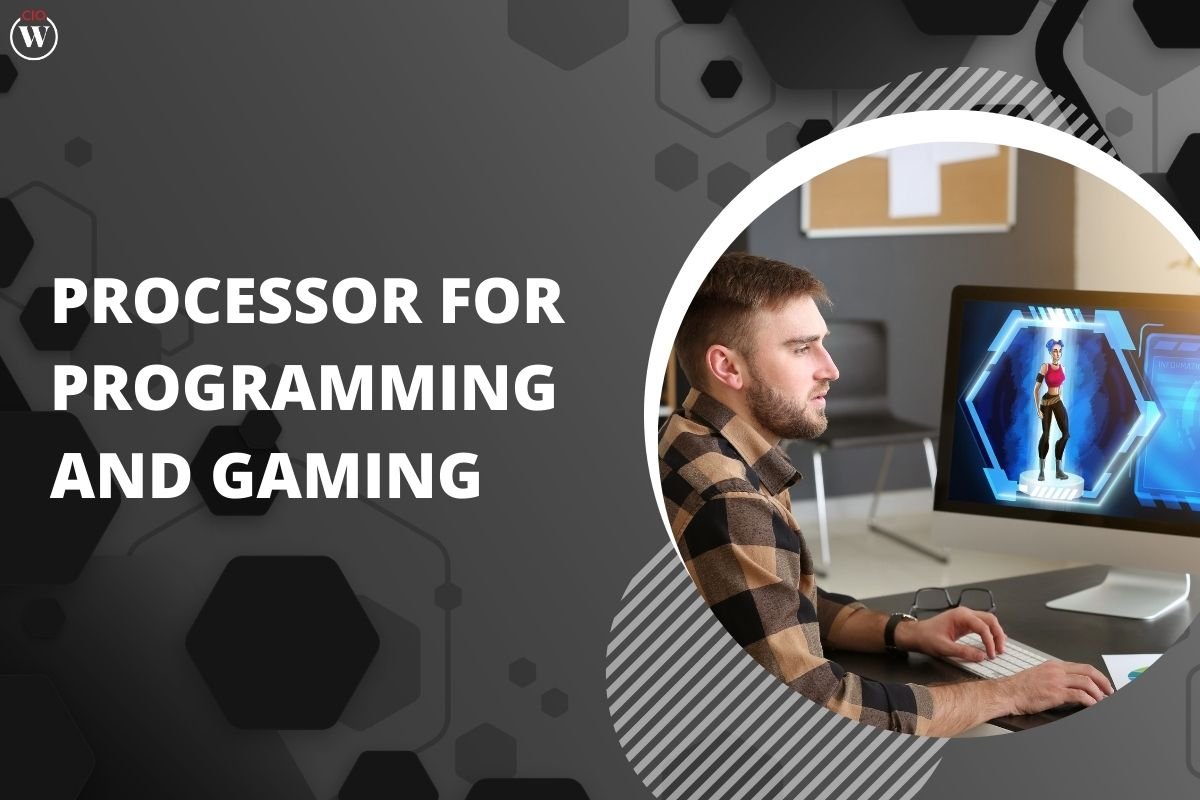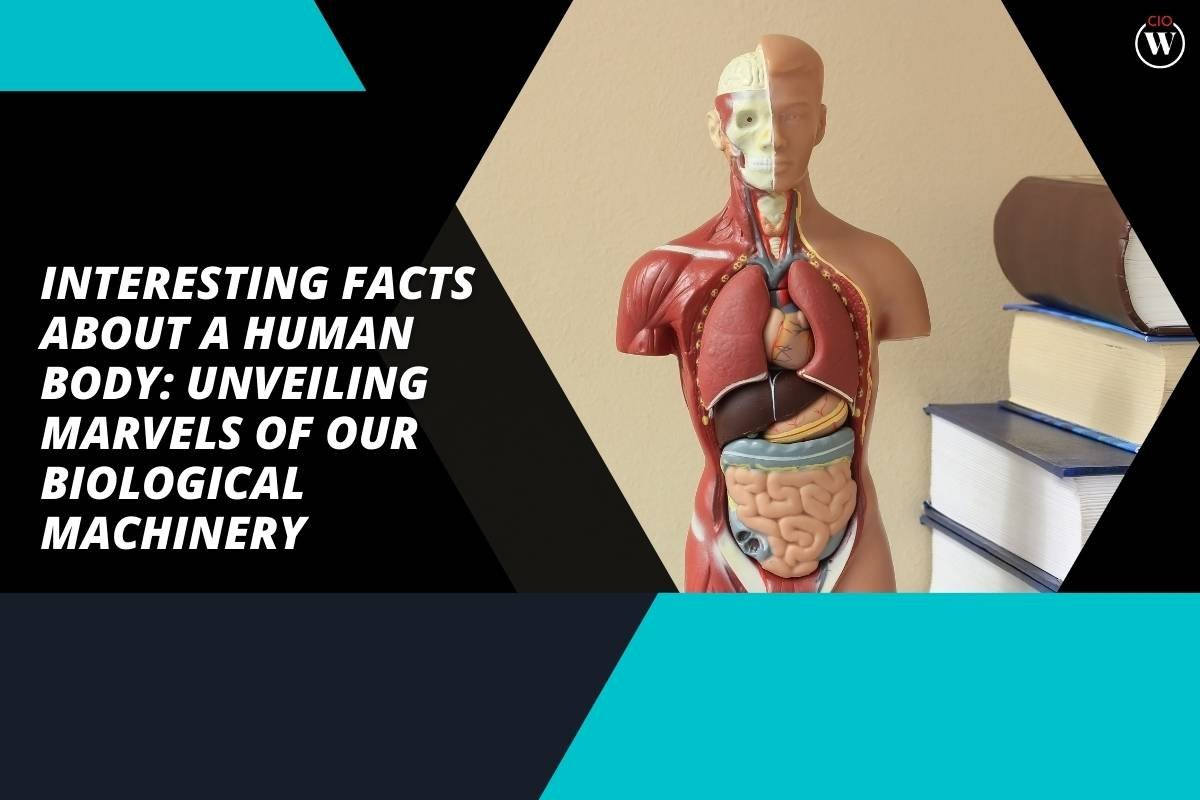In the rapidly evolving world of medicine, technological advancements have profoundly reshaped education. Medical education consulting has adapted to these changes by integrating innovative tools that enhance the learning experience.
This article explores the significant impact of technology on this critical field and its transformative effects.
1. Transforming Educational Platforms
Educational platforms have revolutionized the learning environment, significantly altering how education is delivered. Virtual classrooms provide a more accessible and flexible approach to learning, allowing students to engage with content from anywhere. These digital spaces facilitate interactive sessions, promoting collaboration between students and instructors. Sophisticated learning management systems (LMS) further enhance this experience by simplifying the distribution of course materials, offering easy access to resources, and streamlining evaluations. These platforms allow for customized education tailored to the needs of each learner, promoting a more personalized learning experience.
2. The Impact of Telemedicine on Education Programs

Telemedicine has become increasingly popular, especially in recent years. As part of this shift, medical education consulting has integrated telehealth components into training programs. This prepares healthcare professionals to deliver remote care services effectively in virtual settings, emphasizing communication skills and empathy. By preparing future practitioners for the growing trend of digital healthcare, these programs help ensure that they are well-equipped to provide high-quality, compassionate care in virtual environments.
3. Virtual Reality and Simulations
Medical education has greatly benefited from the use of simulations, which are essential for training purposes. Virtual reality (VR) immerses students in lifelike situations, allowing them to practice without any real-world risks. This helps refine problem-solving skills and improves decision-making abilities in high-pressure scenarios. Additionally, augmented reality (AR) superimposes digital data onto the physical environment, enriching learning experiences through 3D models and interactive elements. These innovations effectively bridge the gap between theoretical knowledge and practical, real-world experience, providing students with hands-on learning opportunities in a safe environment.
4. Data Analytics in Education

Data analytics plays an important role in improving teaching methods and student outcomes. By analyzing performance trends, engagement levels, and learning patterns, educators can enhance educational strategies and curriculum design based on evolving industry standards. Incorporating data analysis into medical education consulting allows for data-driven decisions that support student development and lead to better educational outcomes.
5. Global Expertise at Your Fingertips
Technology has broken down geographical barriers, allowing learners to connect with global experts through webinars, virtual conferences, and other digital platforms. Students can engage with leading professionals and academics, gaining exposure to diverse perspectives and cutting-edge research. These interactions foster collaboration, encourage innovation, and offer a more holistic education, preparing learners to address global challenges with a deeper understanding of the medical field.
6. Challenges and Considerations

While the integration of technology in medical education has numerous benefits, it also presents challenges. Different individuals have varying levels of technological proficiency, making it necessary to provide tailored support and training programs. Additionally, ensuring data security is critical to protect sensitive information from cyber threats and unauthorized access. Striking the right balance between leveraging technology for communication and maintaining a personal touch in interactions can also be difficult, as too much reliance on technology can diminish the human element in education.
7. Looking Ahead: The Future of Medical Education Consulting
Looking forward, the future of medical education consulting is filled with exciting possibilities. Advancements in artificial intelligence (AI) are expected to further transform the field, offering personalized learning experiences that adapt to each individual’s progress. AI-driven platforms can provide virtual mentors that offer guidance and support, helping to elevate student engagement and performance. These technological innovations promise to continue shaping the future of medical education.
Conclusion
The impact of technology on medical education consulting is profound and transformative. The integration of digital learning platforms, simulations, telemedicine, and data analytics has revolutionized how medical professionals are trained. These advancements promote connectivity, enhance outcomes, and equip learners with the skills necessary to meet future challenges in the medical field. Although challenges such as adapting to new tools and platforms exist, embracing these innovations opens the door to exciting possibilities in education, promising continued growth and progress in the years ahead.









